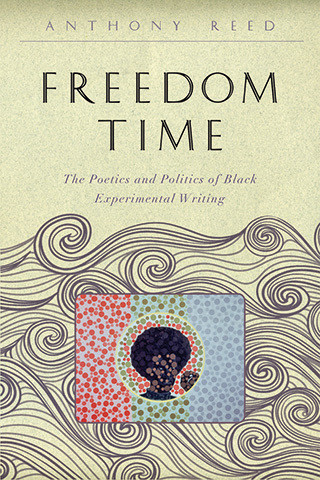
Reviews
Experimental moves deftly across expanses of twentieth-century literature and culture, addressing the intersections of technology, gender, epistemology, and poetic form. Cecire is a wonderful guide to this material, as she traces the uses of the concept of experimentalism in both scientific and literary contexts. This is a fantastic book—provoking, insightful, and assured.
In spite of its ubiquitous characterization of poetry, the descriptor 'experimental' has almost never received examination. This extraordinary, beautifully written book finally cracks open this black box and in the process helps us to see modernism and Language writers' role in its construction anew. Cecire's bold and original account of the ideologies and epistemic virtues of the experimental tradition is destined to be required reading for anyone interested in modernism, science studies, or twentieth- and twenty-first-century poetry and poetics.
In Experimental, Natalia Cecire unfolds a world—a gleaming, precise, and immediate world in which epistemic virtues surface in the uneven interactions between early-twentieth century American writing and the social and biological sciences. Cecire offers a brilliant new aesthetic genealogy for what we call experimental writing in its modern and contemporary formations. Experimental provides an essential account of how the story of experimentalism in American literature has been and, importantly, will be told, and it inhabits the vocabulary that story needs.
Cecire brilliantly constructs an archaeology of experimental knowledge with modern literature front and center. This is an ethically minded, politically engaged, and deeply knowledgeable book that fundamentally recasts the relationship between twentieth-century literary studies and the history of science. As generative as it is transformative.
Cecire's book about ways of seeing offers its own pleasures of scale: at the macro level, a striking argument about experimental poetry's dream of scientific virtues; at the micro, a series of dazzling inquiries into those virtues' ambivalent workings, from precision's cool finesse to the panorama captured in a flash.
Book Details
Preface
Acknowledgments
1. Experimental
2. Flash
3. Objectivity
4. Precision
5. Contact
Coda. Future Texts
Notes
Bibliography
Index





